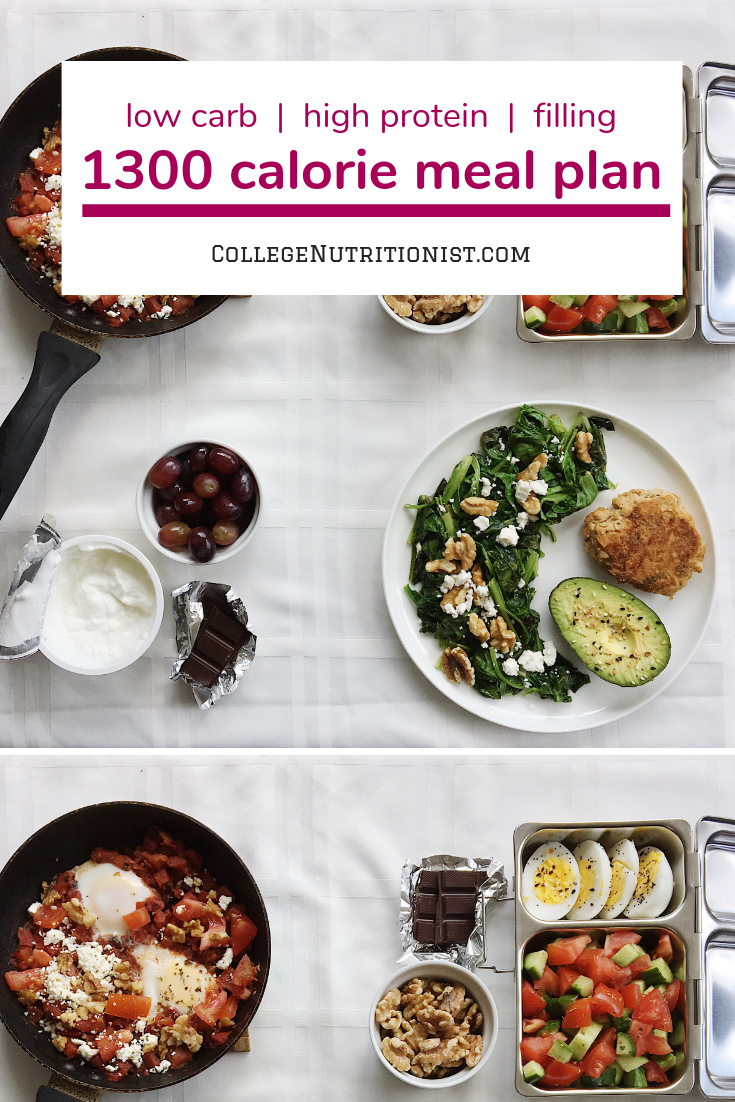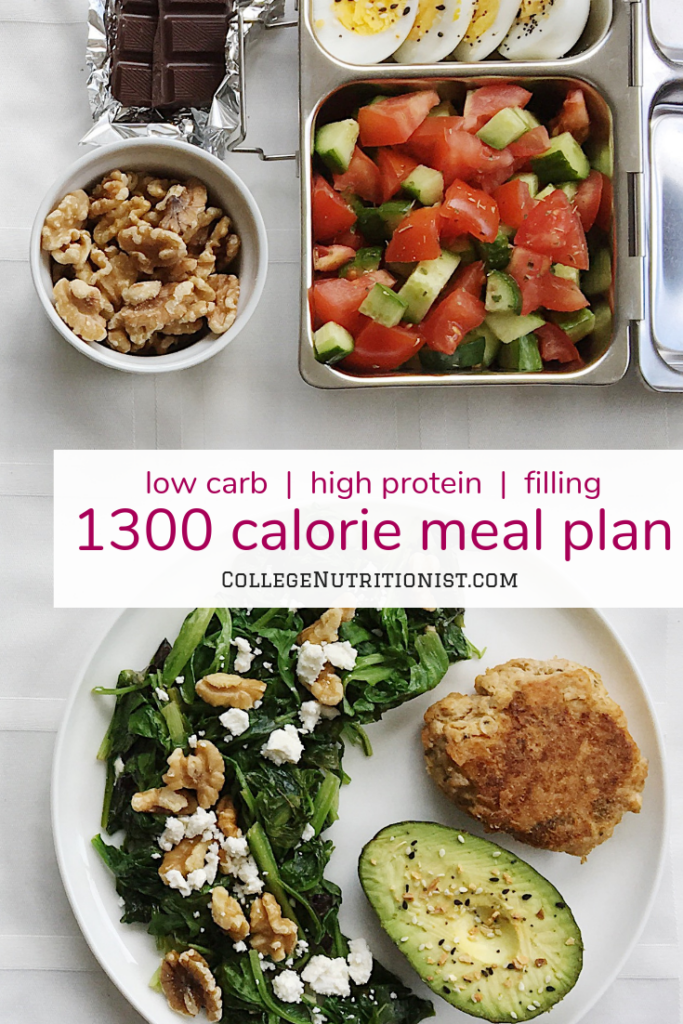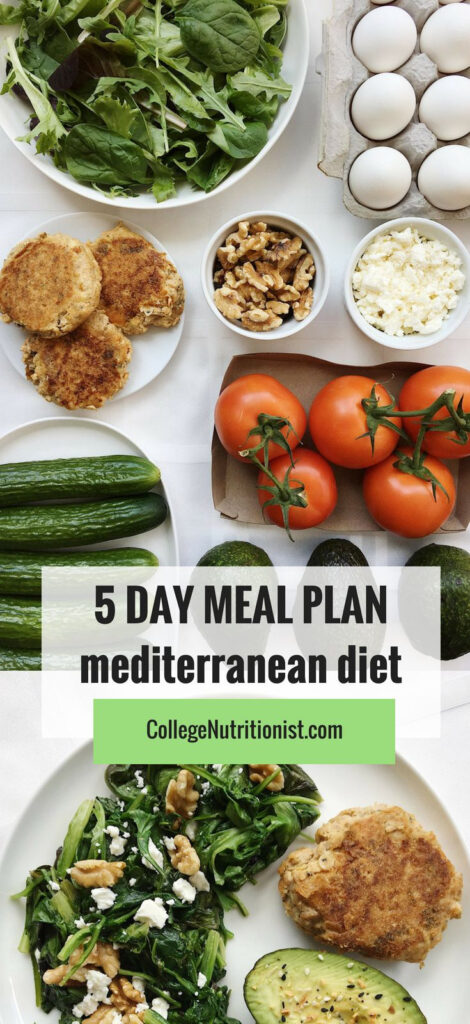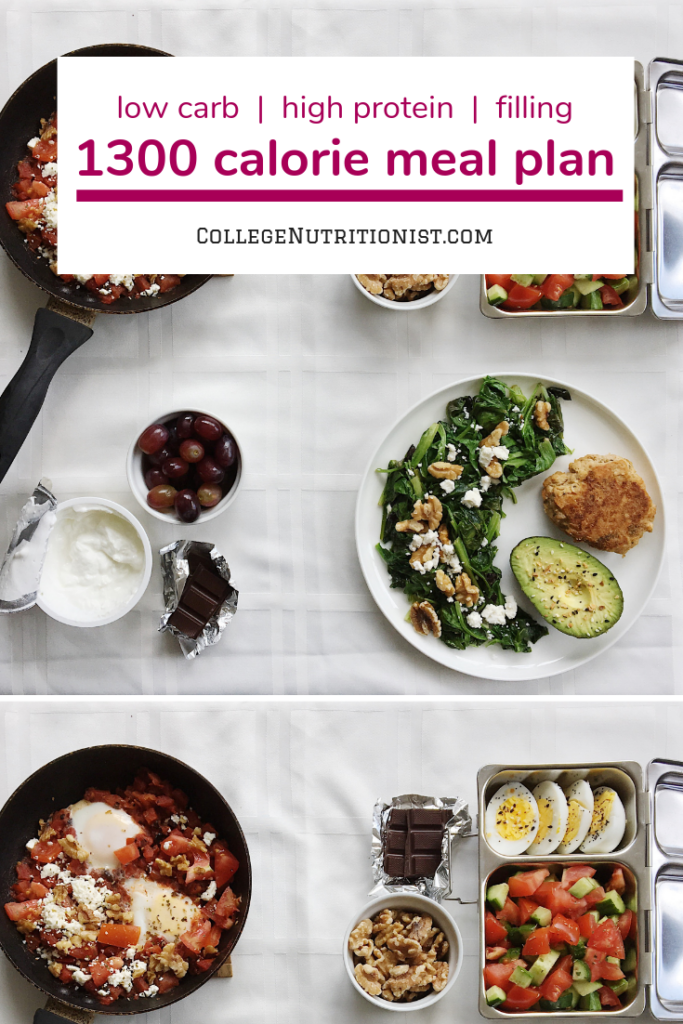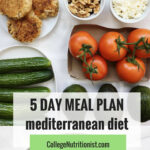Healthy Meal Plan Mediterranean Diet College Student – The Mediterranean diet is a dietary style that draws on the traditional Mediterranean food. It encourages consumption of whole foods like vegetables, fruits as well as whole grain. It also includes moderate amounts of fish, poultry eggs, dairy as well as small amounts of red meat. The Mediterranean diet is a good one for regular exercise as well as sharing meals.
What are the primary foods that are included in the Mediterranean diet?
Pin On Breakfast Ideas For College Students – Healthy Meal Plan Mediterranean Diet College Student – Healthy Meal Plan Mediterranean Diet College Student
The Mediterranean diet’s staple foods are fruits, vegetables (whole grains) as well as legumes and nuts as well as olive oil and seeds. They are often consumed raw and unprocessed versions. A moderate amount of eggs, fish, dairy, and poultry is included in the diet. There are a few small portions of red and white meat. Instead of following strict dietary guidelines or focusing on specific nutrients, the emphasis is on eating a broad assortment of healthy food items.
What’s not allowed on the Mediterranean Diet?
Pin On Lunch Ideas For College Students – Healthy Meal Plan Mediterranean Diet College Student – Healthy Meal Plan Mediterranean Diet College Student
There aren’t any exact guidelines regarding what foods can be considered part of the Mediterranean diet. However, the diet generally is a focus on eating unprocessed, whole foodsinstead of high-processed or packaged foods. The diet restricts consumption of red meat, and promotes proteins that are lean, such as poultry and fish. While there are no limitations on food items, it is best to eat a variety nutritious foods and avoid high-fat, processed food items.
How can I start with the Mediterranean Diet?
Pin On Breakfast Ideas For College Students – Healthy Meal Plan Mediterranean Diet College Student – Healthy Meal Plan Mediterranean Diet College Student
It is possible to begin your journey to the Mediterranean diet taking these steps:
- You can make sure that your refrigerator and kitchen are stocked with Mediterranean food items.
- There are many ways to incorporate more fruits, vegetables and other vegetables into your meals. It is possible to add salads or pieces of fruit for meal or lunch.
- Select lean protein sources: The Mediterranean diet focuses on lean protein sources such as chicken, fish as well as plant-based proteins such as beans and lentils. Include these items in your routinely.
- Limit your consumption of red meats Consuming less red meat is a good idea. Mediterranean diet restricts the consumption of red meat. You can substitute red meat with other meats like fish and plant-based foods a few days per week.
- Active lifestyle: It is important to be active. Your routine should include regular physical activities such as biking, walking, and swimming.
- It is important to eat together. The Mediterranean diet encourages you to share your meals with others and to relish every bite. Make mealtimes a social occasion, where you can meet with family and friends.
